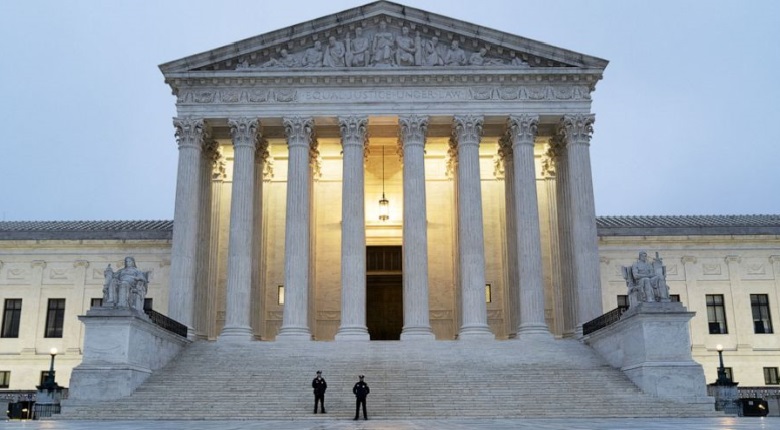On Monday, the Supreme Court in California undisputedly ruled that violent felons can’t be considered for early release even if their primary offense was considered to be a nonviolent one. Moreover, the court bent upon officials that have drafted regulations that exclude from nonviolent offender early parole consideration any inmate who ‘is currently serving a term of incarceration for a violent felony was correct in doing so. The case that the court ruled on stemmed from an attempt to expand on an initiative approved by voters in 2016 that allowed for inmates to apply for early parole in an effort to reduce the prison population. Then-Governor Jerry Brown and other backers of the initiative said it was intended only for nonviolent offenders and sex offenders would also be excluded.
Moreover, incarcerated people with sentences that combine violent and nonviolent felonies are considered violent felons under the court’s ruling. The justices also sided with the corrections department’s claim that provides ballot materials that the voters intended to exclude any inmate currently serving a term for a violent felony from early parole consideration, regardless of whether such an inmate has also been convicted of a nonviolent felony. Point to be noted that the case of 44-year-old Mohammad Mohammad was used as a basis for the court action. He pleaded no contest in 2012 to 9 counts of second-degree robbery and 6 counts of receiving stolen property in a combination of both violent and non-violent offenses.
The judge in the case ruled that one of the property crimes would be considered as the primary offense in the case, with the sentences for the other crimes running consecutively, and sentenced Mohammad to a total of 29 years. Mohammad argued that Proposition 57 allowed him to apply for release after three years in prison, as the initiative allows many inmates to seek lesser sentences. An appeals court initially agreed with Mohammad’s argument. Mohammad’s attorney might file an appeal based on unresolved questions as a result of the ruling. Attorney said they left open the possibility that Mohammad and other folks with mixed offenses might become eligible for early parole after they serve the violent felony portions of their terms.
